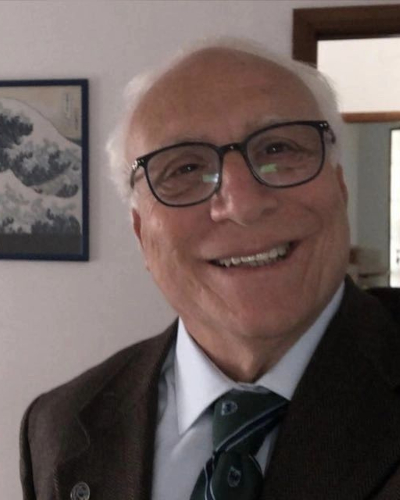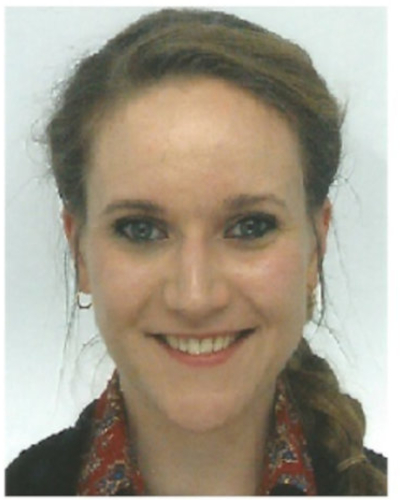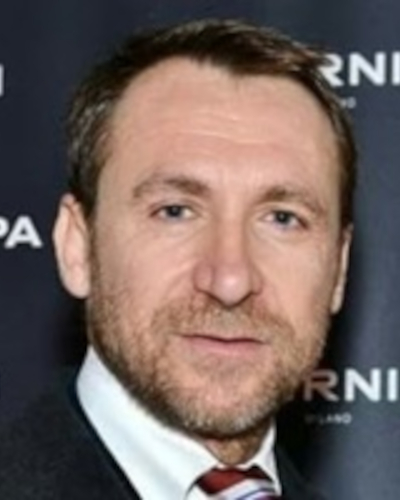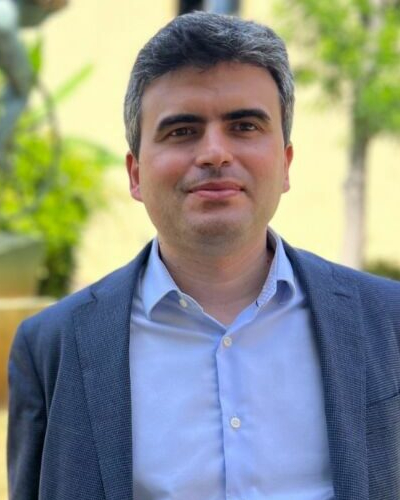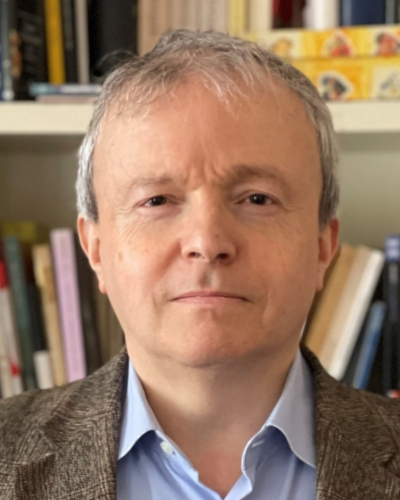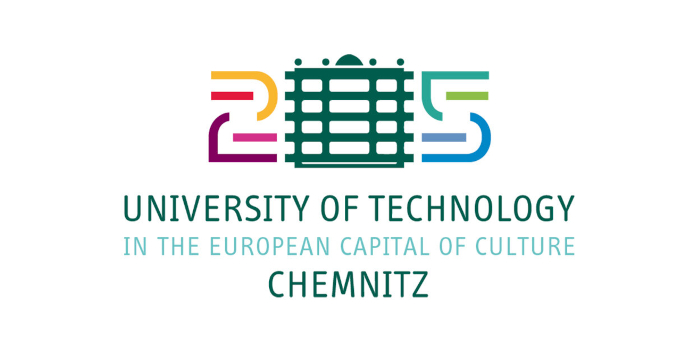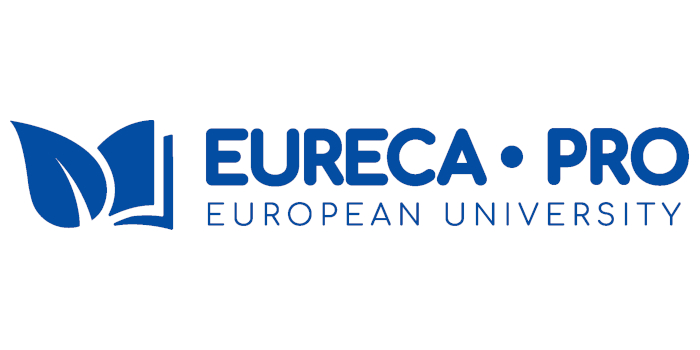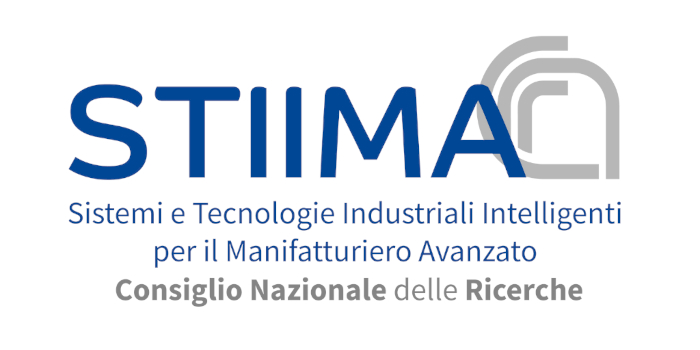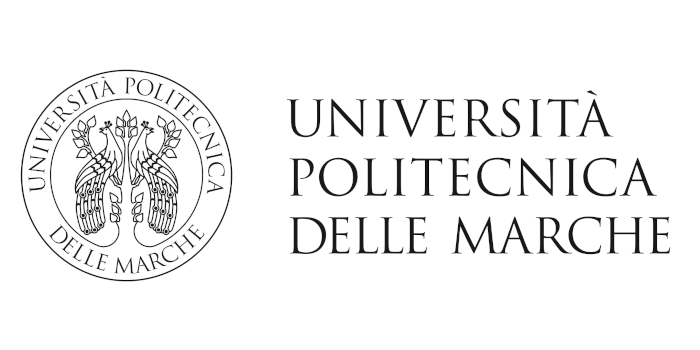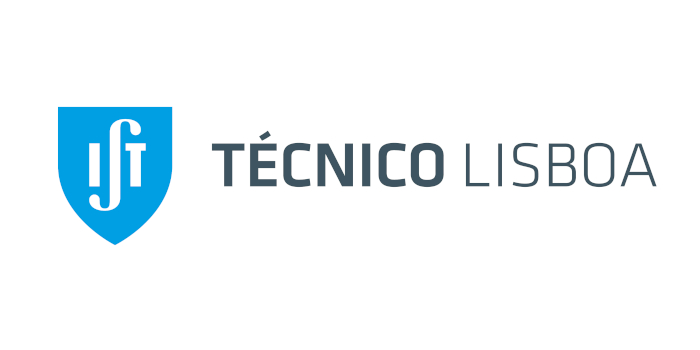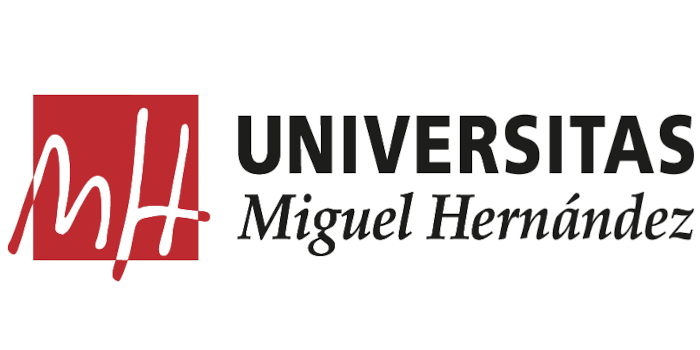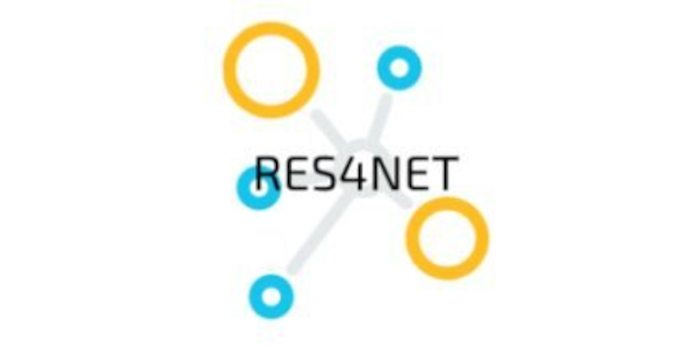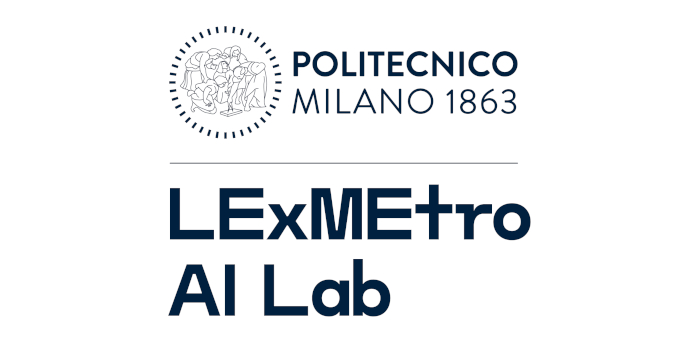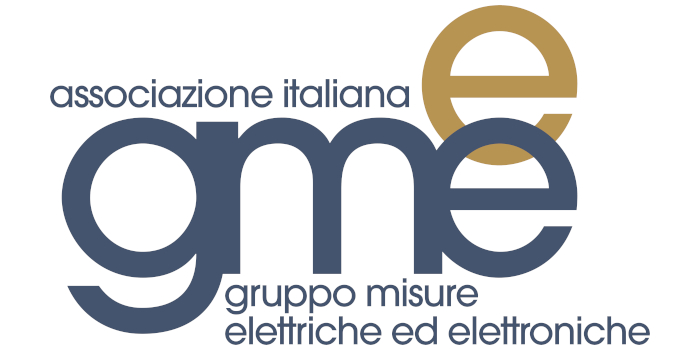SPECIAL EVENT
NxGenBCI 2026: Next generation Brain-Computer Interfaces
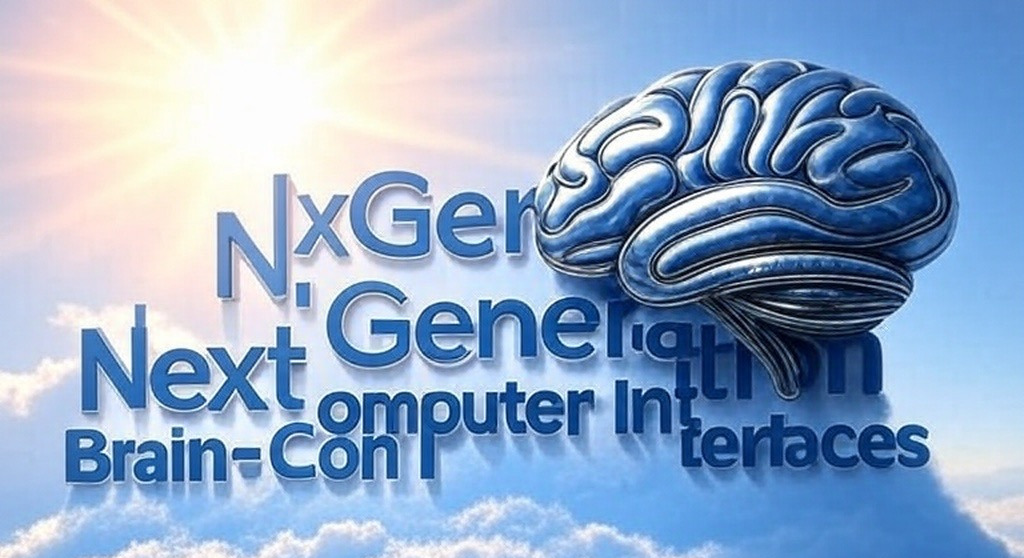
Non-invasive brain–computer interfaces (BCIs) aim to translate brain activity measures into meaningful information and actionable outputs, holding strong potential for alleviating a wide range of neurological symptoms and enhancing human functions. Despite major technological and scientific advances, current BCI systems still face limited clinical validation and real-world integration, largely due to pronounced inter-individual variability and context-dependent performance. These challenges continue to hinder the widespread adoption of BCIs in clinical practice, daily-life scenarios, and other applied settings.
The NxGenBCI event will address these challenges by focusing on BCI research and development from a symptom- and function-oriented perspective. Rather than centering on paradigms or technologies alone, the workshop will emphasize how BCIs can be designed, evaluated, and optimized to target specific neurological symptoms and functional domains, while accounting for user diversity and ecological constraints to meet the patients’ needs. Contributions are welcomed from neurology, neuroscience, neuroengineering, and related fields. Topics include the promotion of well-being, identification of novel patterns and neurocorrelates of cognitive functions and emotional dynamics, alongside motor functions, cognitive-motor interactions, and clinical manifestations such as communication impairments, sensory deficits, fatigue, pain, and cardio-respiratory or affective symptoms.
The event will feature a hybrid format combining invited talks from leading experts with peer-reviewed contributions selected from open submissions. Sessions will be structured to foster integration across methodological, technological, and clinical perspectives, highlighting common mechanisms, shared challenges, and converging solutions across different symptoms and function domains. Participation from companies and industry stakeholders will complement academic contributions by showcasing emerging technologies, translational pathways, and real-world applications in health, wellbeing, sport, and everyday living environments.
By bringing together clinicians, neuroscientists, engineers, and industry professionals, NxGenBCI aims to promote a cross-disciplinary dialogue focused on meaningful human-centered outcomes. The overarching goal is to advance the development of next-generation BCIs that are robust, interpretable, and responsive to users’ needs across diverse conditions, contexts, and domains of human activity.
ORGANIZED BY
Pasquale Arpaia
University of Naples “Federico II”, Italy
Marie-Constance Corsi
Paris Brain Institute, Inria, France
Luigi Lavorgna
University of Campania "Luigi Vanvitelli", NeuroDigits.r.l., Italy
Calogero Maria Oddo
Sant’Anna School of Advanced Studies, Italy
Mauro Ursino
University of Bologna, Italy
ABOUT THE ORGANIZERS
Pasquale Arpaia received his B.S. and Ph.D. degrees in Electrical Engineering from the University of Naples Federico II, where he is a full professor of Measurement. He is director of the Interdepartmental Center for Research on Health Management and Innovation (CIRMIS), Head of the Augmented Reality Laboratory for Health Monitoring (ARHeMLab. He is a Team Leader at the European Organization for Nuclear Research (CERN). In recent years, he has been scientific manager of more than 30 competitive research projects in collaboration with industry, with related international patents and licenses, and has founded 4 academic spin-off companies. He has served as a scientific evaluator in several international research committees. He is general chair of XR Salento, IEEE IWIS and IEEE MetroXRAINE. He is an annual plenary speaker at several international scientific conferences.
Marie-Constance Corsi is an Inria research scientist at the Paris Brain Institute in the NERV Lab since 2022. She previously completed a PhD at the University of Grenoble Alpes (France) on the development of Helium 4 optically-pumped magnetometers for magnetocardiography and magnetoencephalography. Her research focuses on the development of tools to improve Brain-Computer Interfaces (BCI), reflected by a non-negligible portion of users who cannot control the device even after several training sessions. She essentially considers three main approaches: the search for neurophysiological markers of BCI training, the integration of multimodal data to enrich the information provided to the classifier, and the development of portable systems.
Luigi Lavorgna is an Italian neurologist specializing in digital neurology and telemedicine. Based at the University of Campania "Luigi Vanvitelli," he leads the "Digital neurology & artificial intelligence”" group for the Italian Neurological Society (SIN). His research focuses on using telemedicine and wearable devices to monitor neurological conditions like multiple sclerosis and dementia. Lavorgna also directs the NeuroDigit Spin-off, promoting innovation in neurology.
Calogero Maria Oddo graduated as honours college student of Sant’Anna School of Advanced Studies, where he had been admitted in 2002 after a public selection with 10 positions and more than 300 applicants. During his studies, he also attended courses at the London School of Economics and Political Science and he joined experimental campaigns promoted by the European Space Agency, such as the parabolic flight in microgravity and the ESA Lunar Robotics Challenge. He is the Principal Investigator of the Neuro-Robotic Touch Laboratory at Sant’Anna School of Advanced Studies, a group with 25+ researchers recruited as postdoctoral fellows (4), PhD students (20) or research fellows and assistants (2), plus several MSc students involved for theses or lab training activities.
Mauro Ursino is a Full Professor at the Department of Electrical, Electronic, and Information Engineering, University of Bologna, Italy. He has been an associate editor and member of the editorial board of several international journals and been responsible for several research grants on physiological modeling. His research activity is mainly focused on mathematical modeling of complex physiological systems. He has been working on cardiovascular regulatory mechanisms and cerebral autoregulation for many years. At present, his research interests are mainly focused on computational neuroscience via biologically inspired neural networks. In this field, he is working on the modeling of multisensory integration in the brain, on the neural substrate of semantic memory, on alterations of basal ganglia and levodopa pharmacokinetics in Parkinson's disease, and the role of brain oscillations in cognition. Recently, he has also been working on the estimation of brain connectivity from EEG data in healthy and pathological conditions (autism spectrum disorders, Schizophrenia, fear conditioning).

